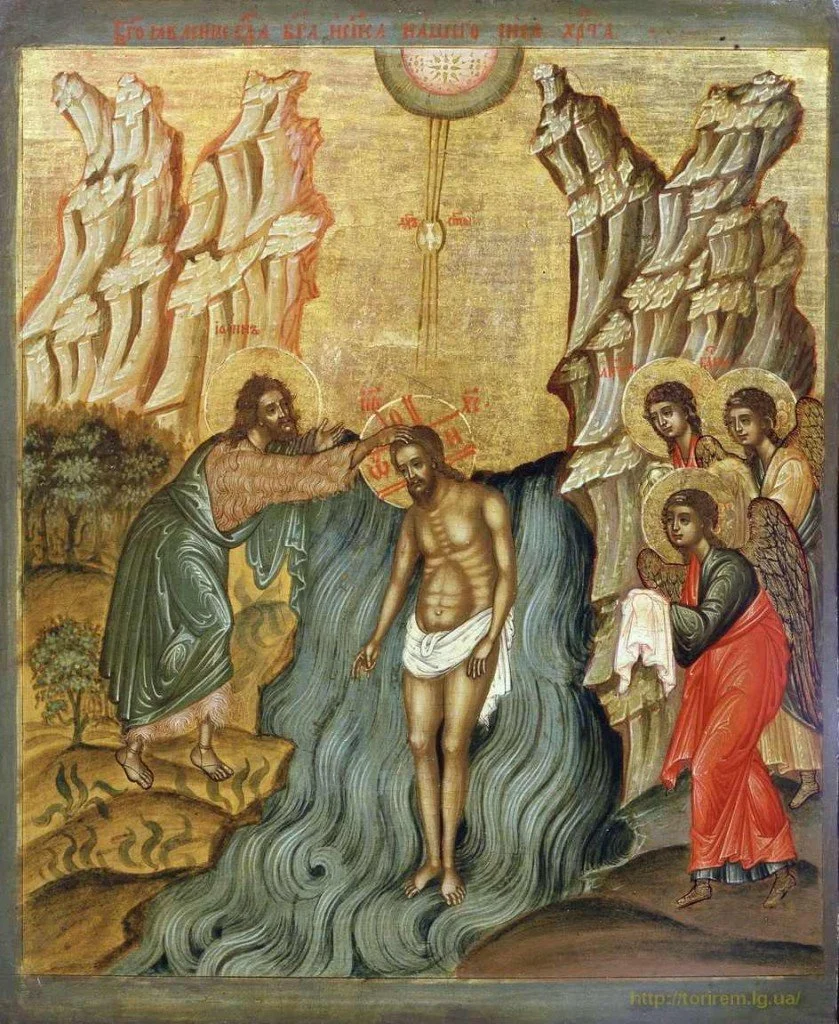Rowan Williams has famously written that theology as a discipline is “perennially liable to be seduced by the prospect of bypassing the question of how it learns its own language.” My hope is that this project offers a picture of early Christian catechesis that helps us remember, quite literally, how early Christian theology learned its own language. What it means to know God is inseparable from the ways in which such knowledge is experienced; medium and message are tightly linked. In studying early Christian catechesis, we observe how knowing God belongs within a set of ecclesial practices in which the meaning of knowledge and faith are found in – and founded upon – Jesus Christ. Advancing from faith to understanding, from belief in God to the knowledge of eternal wisdom, begins and ends with Christ.
Cyprian On Mortality
Cyprian of Carthage: “What a significance, beloved brethren, all this has! How suitable, how necessary it is that this plague and pestilence, which seems horrible and deadly, searches out the justice of each and everyone and examines the minds of the human race; whether the well care for the sick, whether relatives dutifully love their kinsmen as they should, whether masters show compassion to their ailing slaves, whether physicians do not desert the afflicted begging their help, whether the violent repress their violence, whether the greedy, even through the fear of death, quench the ever insatiable fire of their raging avarice, whether the proud bend their necks, whether the shameless soften their affrontery, whether the rich, even when their dear ones are perishing and they are about to die without heirs, bestow and give something! Although this mortality has contributed nothing else, it has especially accomplished this for Christians and servants of God, that we have begun gladly to seek martyrdom while we are learning not to fear death. These are trying exercises for us, not deaths; they give to the mind the glory of fortitude; by contempt of death they prepare for the crown.”
Fear as Lack of Faith?
From an article by Alex Fogleman published at Church Life Journal:
To live—to live well—is an act of supernatural grace. In order to embrace both Lent and Easter, then, we need a deep habituation in the Church’s way of being, a way infused with sacramental grace through the sacraments, even if received spiritually. Though most of us are, for the time being, cut off directly from participation in the life-giving sacraments, that does not stop the church from being herself—in her members—a sacrament of Christ, formed from the bleeding side of the New Adam during the sleep of his passion. We celebrate life amidst death, then, because we have been catechized into Christian existence. To be an Easter people and to sing Hallelujah, we must have our entire frame of reference aligned towards a transcendent order, the supernatural mystery of Christ our creator and redeemer.






